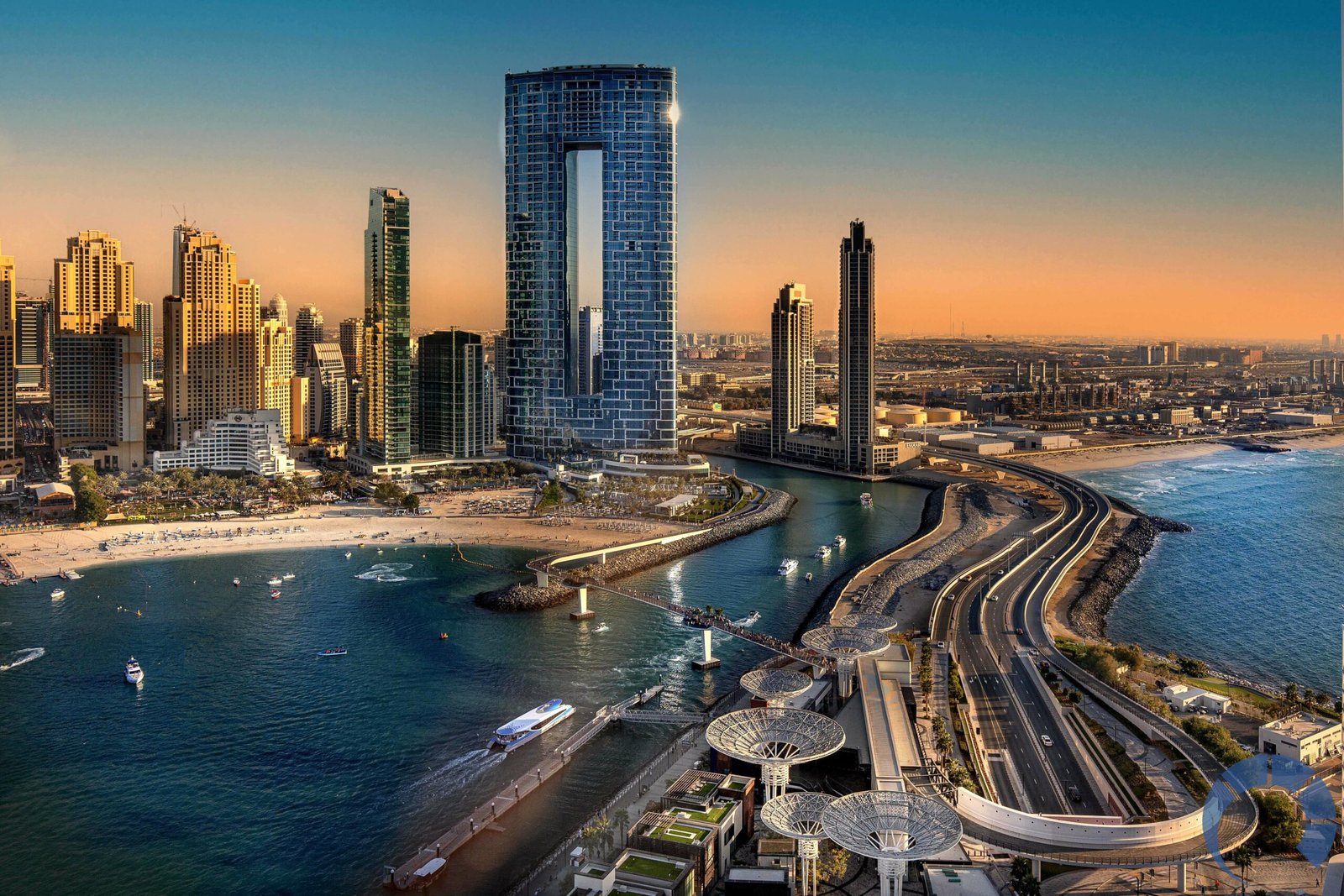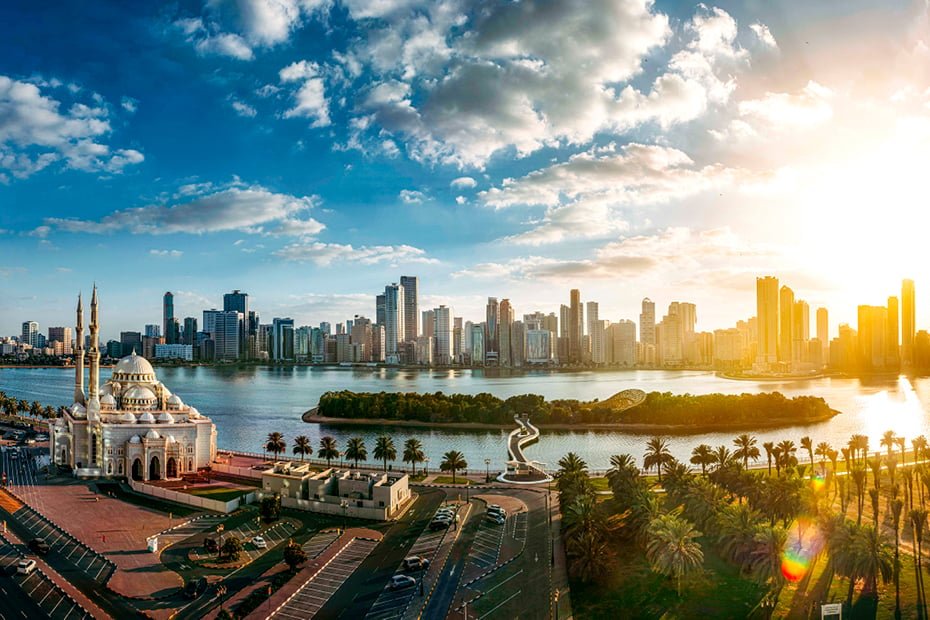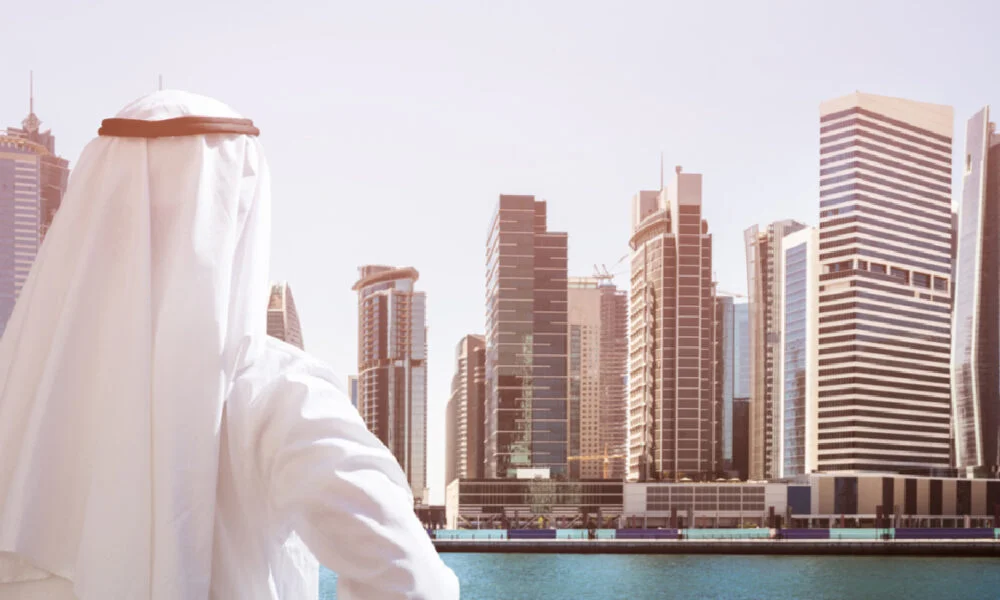
Dubai property market has long been a magnet for global investors — from high-net-worth individuals to first-time overseas buyers seeking financial growth and lifestyle opportunities. The city’s combination of luxury, security, and steady returns has made it one of the world’s most appealing real estate destinations. For foreign investors, understanding Dubai’s real estate ecosystem can open doors to impressive profits and long-term stability.
This comprehensive guide explores how foreign investors can navigate Dubai property market — including ownership rules, best investment zones, upcoming trends, and strategies to maximize returns in 2025 and beyond.
Dubai’s transformation from a desert city into a global real estate hub is nothing short of remarkable. The emirate’s success lies in its visionary leadership, pro-investor policies, and robust economic diversification. But beyond the glamour, there are solid fundamentals that continue to draw investors from around the world.
1. Tax-Free Returns:
Dubai offers zero property tax and no capital gains tax, meaning investors keep more of their profits. This is a major draw for international buyers looking to maximize rental income and resale gains.
2. High Rental Yields:
Compared to global property hotspots like London or New York, Dubai’s rental yields — often ranging from 6% to 8% — are significantly higher, offering attractive passive income potential.
3. Stable Political and Economic Environment:
The UAE’s stability, business-friendly regulations, and safe living conditions provide investors with confidence and security.
4. Lifestyle and Infrastructure:
From world-class healthcare and education to luxury retail and tourism, Dubai’s infrastructure continues to enhance property value across all sectors.

Foreign investors can legally buy, sell, and lease property in designated freehold areas. The Dubai Land Department (DLD) and Real Estate Regulatory Agency (RERA) ensure transparency and regulate all transactions to protect investors’ rights.
Key Legal Points for Foreign Buyers:
Choosing the right location can significantly impact investment returns. Here are the top-performing and most promising areas for foreign investors:
Dubai Marina remains one of the most sought-after districts, offering waterfront living, modern architecture, and strong rental demand. Apartments here attract both local professionals and expatriates, making it ideal for long-term leasing.
Home to the Burj Khalifa and Dubai Mall, Downtown remains a prime address. Despite higher prices, properties here offer prestige and consistent appreciation, particularly in luxury segments.
Rapidly transforming into a central business and residential hub, Business Bay offers competitive entry prices with high growth potential — especially appealing for investors seeking a balance of affordability and capital gains.
JVC is emerging as a mid-market favorite with affordable properties and rising rental yields. It’s popular among young families and professionals, offering a mix of apartments and villas.
For ultra-luxury investors, Palm Jumeirah delivers unmatched exclusivity and stunning beachfront properties. Villas here continue to command strong resale values and global attention.
Dubai property market in 2025 is showing sustained momentum, driven by a strong economy, population growth, and foreign investment inflows. Understanding the trends helps investors make informed decisions.
1. Growing Demand for Sustainable Properties:
Green buildings and energy-efficient developments are increasingly sought after, reflecting global environmental awareness. Developers are integrating sustainability into new projects, appealing to eco-conscious investors.
2. Rise of Smart Homes and Digital Real Estate:
Tech-enabled living is now a defining feature in Dubai’s real estate. Smart home systems and digital integration are becoming standard, enhancing property value and tenant satisfaction.
3. Expansion of Affordable and Mid-Tier Housing:
While luxury remains a major driver, developers are now focusing on affordable and mid-tier housing to cater to a growing population of professionals and families.
4. Strength of Off-Plan Investments:
Off-plan projects remain attractive for foreign investors due to lower entry prices, flexible payment plans, and potential capital appreciation before handover.
5. Shift Toward Long-Term Residency Investment:
Property-linked visa programs are encouraging foreigners to invest with a longer-term view, fostering greater market stability.
Foreign investors can access mortgage financing in Dubai, although certain conditions apply. Several local and international banks offer mortgage services tailored for non-residents.
Common Requirements Include:
Tips:

Investing in Dubai property market comes with several associated costs that foreign buyers should plan for. Transparency about fees helps avoid surprises later.
Typical Fees Include:
It’s advisable to set aside 7–8% of the property’s total value to cover all additional expenses.
Dubai’s rental market offers exceptional potential for consistent income, particularly in high-demand areas. Investors can choose between short-term rentals (holiday homes) and long-term leases, each with its pros and cons.
Short-Term Rentals:
Long-Term Rentals:
To optimize returns, many investors now use property management companies to handle maintenance, tenant relations, and marketing, ensuring maximum occupancy and hassle-free income.
Even in a stable market like Dubai, investors can face challenges if they lack proper due diligence. Some common mistakes to avoid include:
Working with a trusted real estate advisor or licensed agent can help navigate these challenges effectively.
Maximizing your return on investment requires a mix of smart strategy, timing, and understanding of the market’s nuances.
Proven Strategies:
The outlook for Dubai property market remains bright, supported by consistent economic growth, strategic global positioning, and government-led initiatives to attract international investors. With upcoming mega-projects like Dubai Creek Harbour, The World Islands expansion, and new transport infrastructure, real estate demand is expected to remain strong through 2030.
Furthermore, Dubai’s continued emphasis on digital transformation, sustainability, and smart city planning ensures the market will stay competitive globally.
For foreign investors, Dubai represents more than just property ownership — it’s an opportunity to become part of one of the world’s most dynamic and resilient real estate landscapes. Whether you’re looking for luxury beachfront villas, smart city apartments, or high-yield commercial units, the key lies in informed decisions, local expertise, and long-term perspective.
As the city continues to evolve, the Dubai property market remains a beacon of opportunity for investors worldwide — blending security, innovation, and profitability like no other destination.
Do Follow Estate Magazine on Instagram
Read More:- Dubai’s Innovative AI Strategies Changing Daily Life Rapidly 2025
